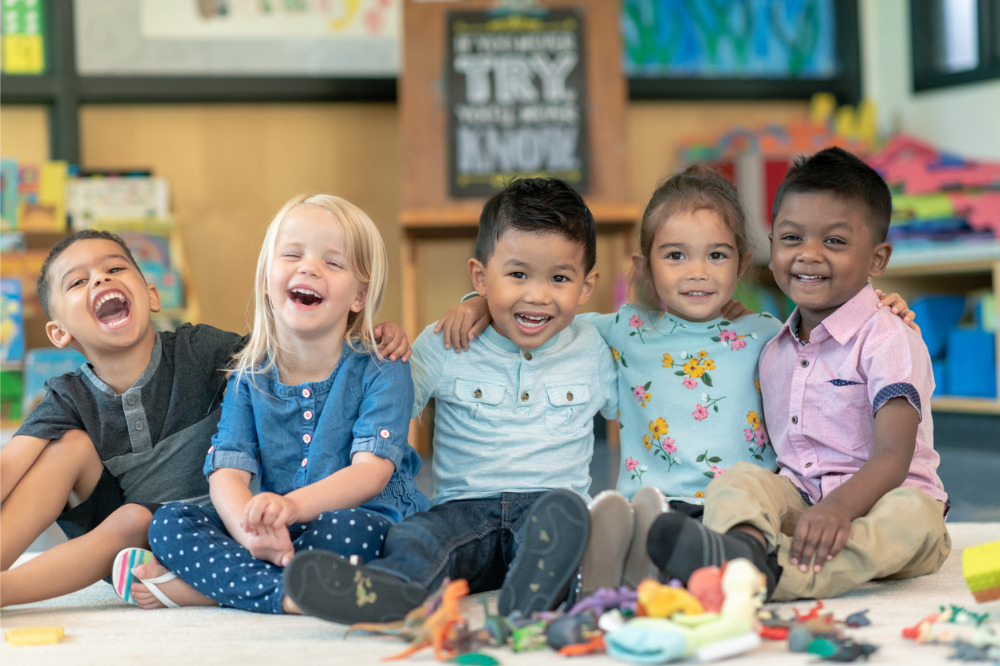
Primary schools in disadvantaged areas of Victoria have some of the best playgroups, leading to positive life outcomes for attending children, a new study has found.
The three-year study, by the Australian Catholic University’s (ACU), involved 18 school playgroups in Victoria’s metropolitan, rural and remote areas.
A total of six schools were found to have high performing playgroups, with half from lower socioeconomic areas.
Professor Susan Edwards from the ACU’s Institute for Learning Sciences and Teacher Education, said the research considered high-performing playgroups in terms of their relationships.
“Relationships in school playgroups consist of two main types. These are bonding relationships that are formed amongst parents and caregivers and bridging relationship that are formed between caregivers and school staff,” Professor Edwards told The Educator.
“Both types or relationships are important for children and families. Through bonding relationships caregivers connect with each other, and with their children. They are able to support each other with their parenting, such as providing advice about sleep and settling or responding to tantrums.”
Bridging relationships also matter, Professor Edwards said.
“Through these relationships parents and caregivers connect with school staff, such as junior school teachers, the principal or the school librarian,” she said.
“These school-staff can provide new sources of information to parents and caregivers, such as ideas for playing with their children at home, advice about school transition or interesting books or digital media their children might enjoy.”
Professor Edwards said that when she and her team looked closely at the high-performing school playgroups, they found that they had six main features of provision in common.
“These were having appropriate materials for children to use; a facilitator to help set up, and guide the playgroup, a welcoming space in which the playgroup was held, the location of the school was easily accessible, the playgroup was scheduled around the needs of younger children and health and safety of all participants was taken into consideration.”
Professor Edwards said there is one important step principals can take to ensure their school’s playgroups are not only high-performing but also sustainable – ensuring there is an effective facilitator involved.
“One the main features identified in our research was the role of the playgroup facilitator. All the high performing school playgroups had a facilitator,” she said.
“The facilitator helped to set up the playgroup, welcomed all the children and families to the session, ensure activities and experiences for the children were running smoothly and helped to bring the session to a close.”
Professor Edwards said schools make a facilitator available in many ways, pointing out that in some school playgroups the facilitator is a paid role, while in others the chaplain or aide takes the lead.
“In other school playgroups junior school teaching staff and even the principal take on the facilitator role,” she said.
“The most important action principals can do to take to ensure school playgroups are sustainable is to have a dedicated facilitator available to connect with playgroup children and families.”


